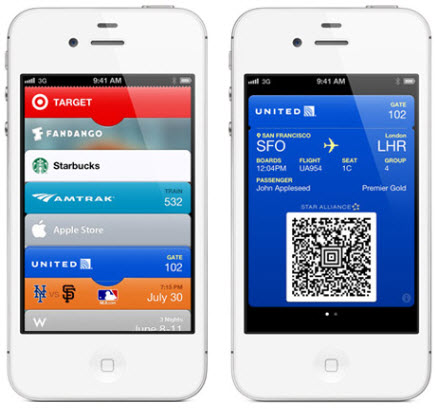Retailers pressured to adopt mobile commerce to engage consumers
Consumers around the world are becoming more mobile. That is, more consumers are relying on mobile technology to operate in their daily lives. Mobile technology has made many aspects of people’s lives more convenient, such as social interaction due to their constant connection to the Internet. Commerce is also being revolutionized by mobile technology and people’s growing need for convenient service. More consumers are beginning to look for alternatives to traditional, physical stores, and many have turned to mobile commerce and e-commerce.
Retailers look for ways to bridge gap between online and offline worlds
Mobile consumers are turning to the Internet to find the products and services they want to pay for. As more consumers look online, retailers are feeling the pressure to adapt or risk losing contact with a growing portion of their audience. Thus, businesses are looking for ways to close the gap that currently exists between the online and offline worlds. Few retailers are willing to abandon physical stores, so many are attempting to provide consumers with incentives to visit these stores throug h the use of mobile commerce.
h the use of mobile commerce.
Mobile commerce services being adopted by large retail companies
Big name retailers, such as Macy’s and Nordstrom, are working to make use of digital technologies in order to provide consumers with better in-store service. These companies have been working to broaden their reach through mobile commerce and e-commerce and, as a result, have been seeing declining in-store sales. Some consumers have even begun gravitating to online shopping platforms that are offered by other companies. This competition is driving innovation in the retail industry as companies attempt to find the best balance between mobile commerce and traditional forms of engagement.
Study predicts sales in mobile commerce to double next year
A recent study from Internet Retailer, called Mobile 400 Guide, shows that mobile commerce is growing. The study predicts that mobile commerce sales will double in 2013 as more consumers gain access to smart phones and mobile devices that are capable of facilitating mobile transactions. Retailers are feeling the need to find ways to engage consumers that are becoming increasingly enthralled in the world of mobile technology.


